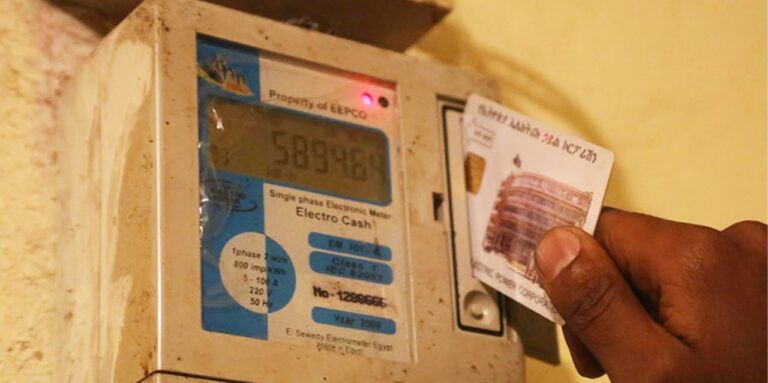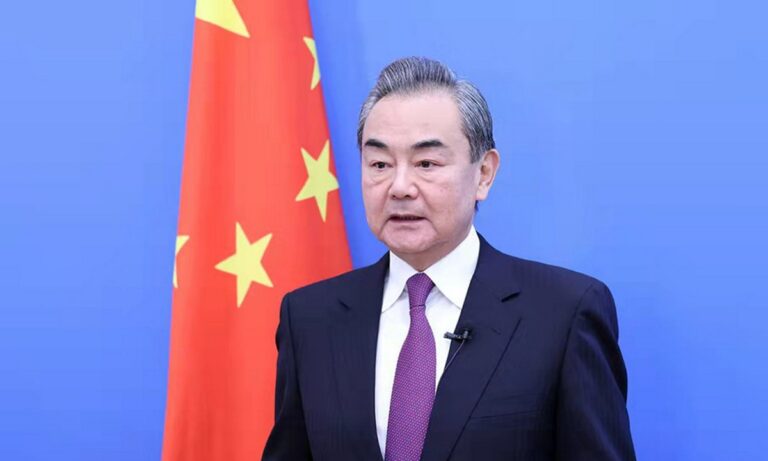Partners are expecting additional revisions to address currency rate fluctuations, despite the government’s significant move to implement the long-awaited electric tariff adjustment in June of last year, Capital learnt.
On June 20, 2024, the Council of Ministers (CoM) approved an adjustment to the power rate during its 36th regular meeting, which took effect on September 11, coinciding with the Ethiopian New Year.
This tariff change is part of a four-year plan designed to boost revenue and cover increasing infrastructure costs.
The aim of the reform, which has been delayed for two years for various reasons, is to address the growing operating and infrastructure expenses of Ethiopian Electric Power (EEP) and Ethiopian Electric Utility (EEU).
Under the new pricing structure, customers using up to 200 kWh of electricity will receive subsidies from EEU, which manages retail power supply. However, under this new tariff, electricity costs have surged by an astonishing 122%.
This framework establishes the basis for the four-year tariff adjustment plan for 2025–2028, which seeks to achieve cost recovery.
The proposal calls for end-user power rates to increase by an average of approximately 10% per quarter, with initial higher price hikes aimed at helping the electrical industry recover its costs.
Despite the most recent adjustment, which has international support from partners like the World Bank and the International Monetary Fund (IMF) as part of macroeconomic reforms, partners are now calling for further significant changes.
For instance, in line with the newly introduced economic reform, the IMF has indicated that a revised schedule of electricity tariff changes will be implemented by the end of June 2025 to ensure the sector’s full recovery of operational and debt service costs by 2028.
The World Bank, a key partner in funding energy sector development, noted that the energy sector has established quarterly electricity tariff increases to account for changes in the sector’s cost structure due to inflation, exchange rates, and other economic factors.
“The goal is to achieve cost recovery of debt service and operating expenses by 2028, which will enhance the financial sustainability of the energy sector,” it stated a few months ago.
Industry experts assert that the primary driver of price revisions for energy sales is the sector’s capacity to cover power generation and related development costs. They informed Capital that the most recent adjustment, approved by the CoM in June of last year, did not take into account the currency market regime changes implemented on July 29 as part of the macroeconomic reform.
Experts indicated that partners supporting the economic reform, which included significant changes to state-owned enterprises such as EEP and the Commercial Bank of Ethiopia (CBE), are anticipating the government to implement a separate tariff adjustment in the near future.
“Partners have expressed their expectations for the government to revise electric tariffs based on cost recovery in accordance with the new exchange rate,” they stated.
The IMF report released in July of last year clearly states that the appropriateness of the tariff plan will be reassessed annually in light of potential changes to the sector’s cost structure due to inflation, exchange rates, and other economic developments.
Sources indicate that partners have claimed that the tariff adjustment study was evaluated and approved using the previous exchange rate, which is approximately one hundred percent lower than the current rate.
“Therefore, they anticipate a tariff that considers the most recent exchange rate,” experts familiar with the matter state. “This suggests that the tariff accompanying the next adjustment could double the current rate.”
Sources indicate that the announcement of the new partners a few months ago came as a surprise.
However, the partners’ position is valid, as the primary aim of the adjustment is to cover the costs of the energy sector, which relies heavily on government and international financing for the electrification program and economic growth. Experts assert that the government should make bold decisions to accept this call.
It was revealed that EEP has struggled to meet its debt obligations despite receiving significant funding from CBE to implement extensive energy projects.
Analysts argue that one key reason for adjusting the tariff is to enable EEP to finance its projects and settle its debts.
Experts emphasize that another round of tariff revision is essential for achieving the government’s objective of strengthening the energy sector.
“Based on the latest tariff, the energy sector’s development costs cannot be met due to the recent exchange rate adjustments, which have more than doubled compared to the rate when the Council of Ministers approved the electric tariff adjustment six months ago,” they noted.
According to experts, nearly three-quarters of investments in the energy sector require foreign currency.
It is important to remember that, to enhance the financial sustainability of the energy sector, the Ministry of Finance issued an order prior to the macroeconomic reform announcement to replace all outstanding loan obligations of EEP owed to CBE.
A four-year electricity tariff adjustment is designed to recover all operational costs and debt servicing of the sector by 2028.
As part of the macroeconomic reform, the World Bank’s energy access strategy includes all technologies—grid, off-grid, and mini-grid—based on least-cost principles and aligns with Ethiopia’s National Electrification Program II.
The World Bank has extensive engagement in Ethiopia’s energy sector, with a portfolio exceeding USD 3 billion that includes grid, mini-grid, and off-grid electrification, network strengthening, regional integration, and sector reforms.
Following the government’s economic reform implemented on July 29, 2024, the power producer received new debt relief of 263 billion birr from CBE, in addition to liabilities transferred to the Liability and Asset Management Corporation (LAMC), established in 2021 under the Ministry of Finance.
After the macroeconomic reform announcement, Demere Assefa, the Finance Executive Officer at EEP, stated, “The new exchange market reform will enable us to work with multiple banks, including the central bank, to acquire foreign currency for settling our foreign debts. We utilize loans to implement projects in both local and foreign currencies.”
EEP is one of the largest enterprises in the country, with total assets amounting to 907 billion birr as of the end of the 2023/24 budget year on July 7, 2024.





